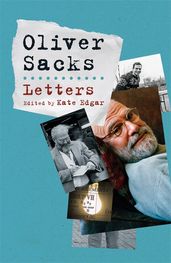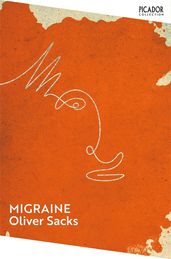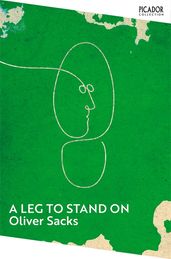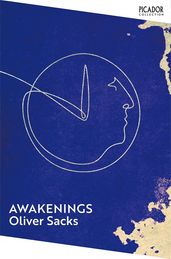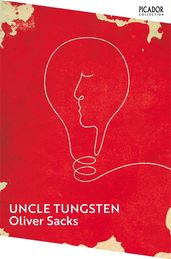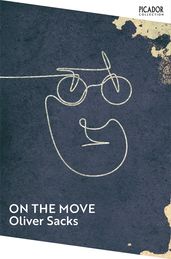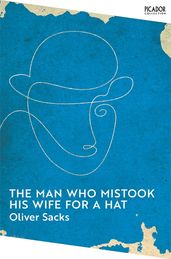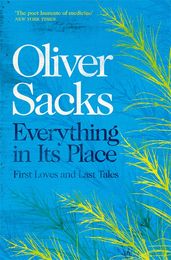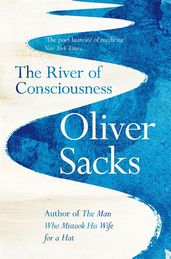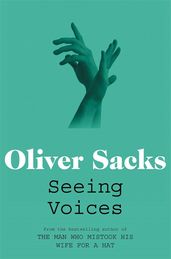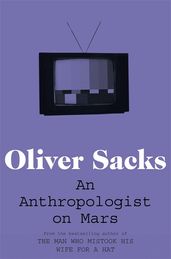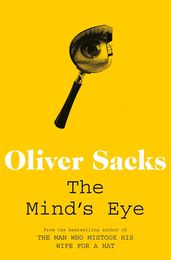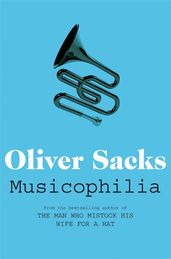On the Move
Oliver Sacks
Synopsis
When Oliver Sacks was twelve years old, a perceptive schoolmaster wrote in his report: 'Sacks will go far, if he does not go too far'. It is now abundantly clear that Sacks has never stopped going . . .
From its opening pages on his youthful obsession with motorcycles and speed, On the Move is infused with his restless energy. As he recounts his experiences as a young neurologist in the early 1960s, first in California and then in New York, where he discovered a long-forgotten illness in the back wards of a chronic hospital, as well as with a group of patients who would define his life, it becomes clear that Sacks's earnest desire for engagement has occasioned unexpected encounters and travels – sending him through bars and alleys, over oceans, and across continents.
With unbridled honesty and humour, Sacks shows us that the same energy that drives his physical passions –bodybuilding, weightlifting, and swimming – also drives his cerebral passions. He writes about his love affairs, both romantic and intellectual, his guilt over leaving his family to come to America, his bond with his schizophrenic brother, and the writers and scientists – Thom Gunn, A. R. Luria, W. H. Auden, Gerald M. Edelman, Francis Crick – who influenced him.
On the Move is the story of a brilliantly unconventional physician and writer – and of the man who has illuminated the many ways that the brain makes us human.
Deeply moving. . . a gift to his readers - of erudition, sympathy and an abiding understanding of the joys, trials and consolations of the human conditionMichiko Kakutani, New York Times
Sacks's empathy and intellectual curiosity, his delight in, as he calls it, "joining particulars with generalities" and, especially, "narratives with neuroscience" - have never been more evident than in his beautifully conceived new book. . .remarkably candid and deeply affectingBoston Globe
Honest, lucid, passionate, humorous, humane and human (also slightly Martian). . .[a] marvelous memoir, which is as unconventional and singular as the man himselfColin McGinn, Wall Street Journal
